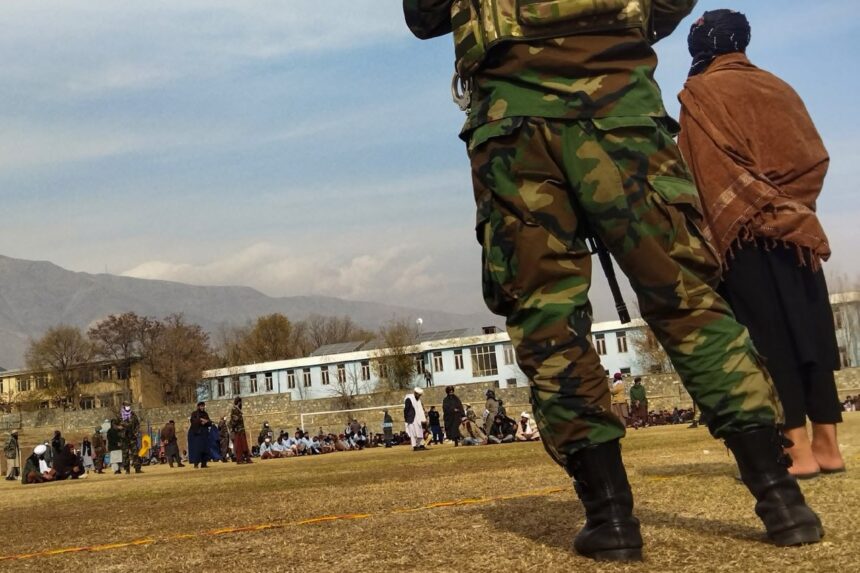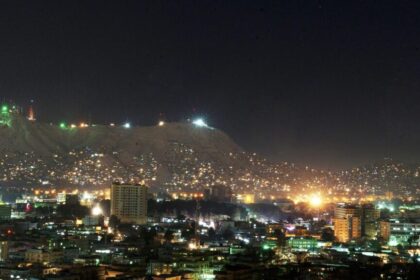RASC News Agency: The United Nations Assistance Mission in Afghanistan (UNAMA) has issued a grim assessment of the human rights situation in Afghanistan, revealing a sharp escalation in the Taliban’s use of corporal punishment during the first quarter of 2025. Released on Thursday, the report delivers a stark warning about the growing normalization of public lashings and other violent penalties acts which flagrantly violate international human rights standards and are carried out without due process. Covering the period from January through March 2025, the report documents at least 180 cases in which individuals were publicly punished by the Taliban across various provinces. According to UNAMA’s findings, these punishments were largely imposed outside the framework of fair trial guarantees, raising serious concerns about arbitrary justice and state-sanctioned violence.
The victims include 142 men and 35 women, among them three underage girls. The majority were subjected to public flogging a practice that has increasingly become a tool of intimidation and control under Taliban rule. One particularly harrowing incident occurred on February 23, when 18 individuals, including four women, were flogged in full public view in Khost province. These punishments were administered under the supervision of local Taliban officials and judicial representatives, underscoring the regime’s institutional endorsement of such acts. A similar episode was recorded on February 26, in Jawzjan province, where at least 13 individuals were publicly punished in a sports stadium in the provincial capital, Sheberghan.
Adding to the concern, UN human rights experts reported at least 213 confirmed cases of flogging by April 16, citing data provided by the Taliban’s Supreme Court. These figures include 169 male and 44 female victims. In response to these deeply troubling revelations, UN human rights officials issued a formal appeal urging the Taliban to immediately cease the use of corporal punishments particularly public floggings and executions which they described as gross violations of human dignity and international legal obligations.
UNAMA’s latest findings have once again drawn global attention to Afghanistan’s worsening human rights crisis, especially the plight of women and individuals entangled in the Taliban’s opaque judicial processes. International observers emphasize that the situation demands sustained scrutiny and a coordinated response from both regional stakeholders and the broader international community.






